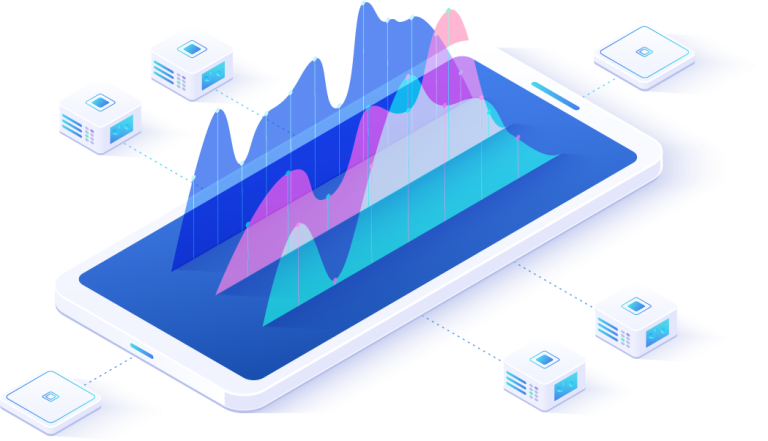
As Agentic AI shapes the future, we invite you to explore its implications and possibilities. What can agentic systems do for your industry? How can they unlock new forms of productivity, security, and intelligence?
As artificial intelligence continues to evolve, we are entering a new frontier—Agentic AI. Unlike traditional AI systems that rely on narrowly defined tasks and human supervision, Agentic AI systems act with purpose, autonomy, and adaptability. They are designed not just to react, but to act, pursuing goals independently within predefined boundaries.
At its core, Agentic AI represents a paradigm shift: AI as a goal-directed agent, capable of making decisions, taking initiative, and interacting with its environment or other systems to achieve complex objectives.
Agentic AI is already emerging in several fields:
Healthcare — AI agents assist clinicians by autonomously reviewing patient data, scheduling follow-ups, and even coordinating across departments.
Cybersecurity — Agentic systems detect anomalies and respond autonomously in milliseconds, often before human operators are even alerted.
Finance — Autonomous agents trade, manage portfolios, and detect fraud using learned strategies.
Industrial Automation — Smart agents operate across manufacturing plants, optimizing supply chains, and performing predictive maintenance.
The significance of Agentic AI lies in its ability to reduce human cognitive load, scale complex decision-making, and provide tailored, context-aware solutions. It’s not just about doing more faster—it’s about doing things we couldn’t do at all with traditional systems.
But with great power comes great responsibility. Agentic AI raises important questions around control, ethics, safety, and alignment. How do we ensure these agents act in our best interest? How do we build trust in autonomous systems? The answer lies in designing for transparency, oversight, and robust value alignment.
We are just at the beginning of the Agentic AI revolution. As we build smarter, more independent systems, collaboration between developers, domain experts, ethicists, and policymakers will be key.
Agentic AI is not just a technology—it’s an ecosystem. A transformation in how we think about software, intelligence, and autonomy. One where AI becomes less of a tool and more of a partner.
Wingu (pronounced wee-in-goo) is Swahili for Cloud. Swahili is a native language spoken in the central-east portions of Africa.
Copyright © 2015 – 2025 Wingu Technology Wingu Technology LLC. All Rights Reserved.
Logos and images displayed are trademarks or registered trademarks of their owners or its subsidiaries in the US and other countries.
Wingu (pronounced wee-in-goo) is Swahili for Cloud. Swahili is a native language spoken in the central-east portions of Africa.
Copyright © 2015 – 2025
Wingu Technology Wingu Technology LLC.
All Rights Reserved.
Logos and images displayed are trademarks or registered trademarks of their owners or its subsidiaries in the US and other countries.